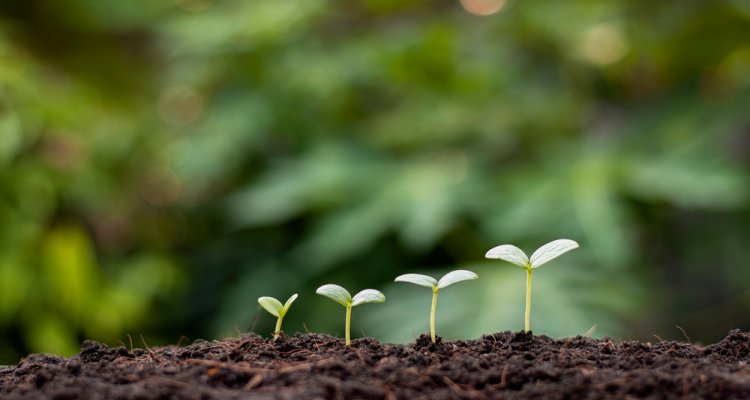
PhD defence
Cracking the seed hydropriming code: Mechanisms underlying accelerated germination and impaired shelf life
Summary
My PhD research investigated how seed priming—a treatment to improve seed quality—affects seeds on both physiological and molecular levels. Priming speeds up germination and helps seeds sprout even in adverse conditions, but it also shortens seed shelf life. On a molecular level, priming can disrupt the stability of seed-stored mRNAs and protein production, which are crucial for both germination and seed longevity. While priming has its benefits, it can also negatively impact these mRNAs, leading to reduced seed longevity. Understanding the molecular mechanisms behind priming can help us enhance these treatments to speed up germination while maintaining good shelf life, which is vital for developing resilient crops and ensuring food security. Additionally, identifying key genes and proteins involved in priming can aid in creating crops that better handle stress and produce high yields, meeting the needs of a growing population.